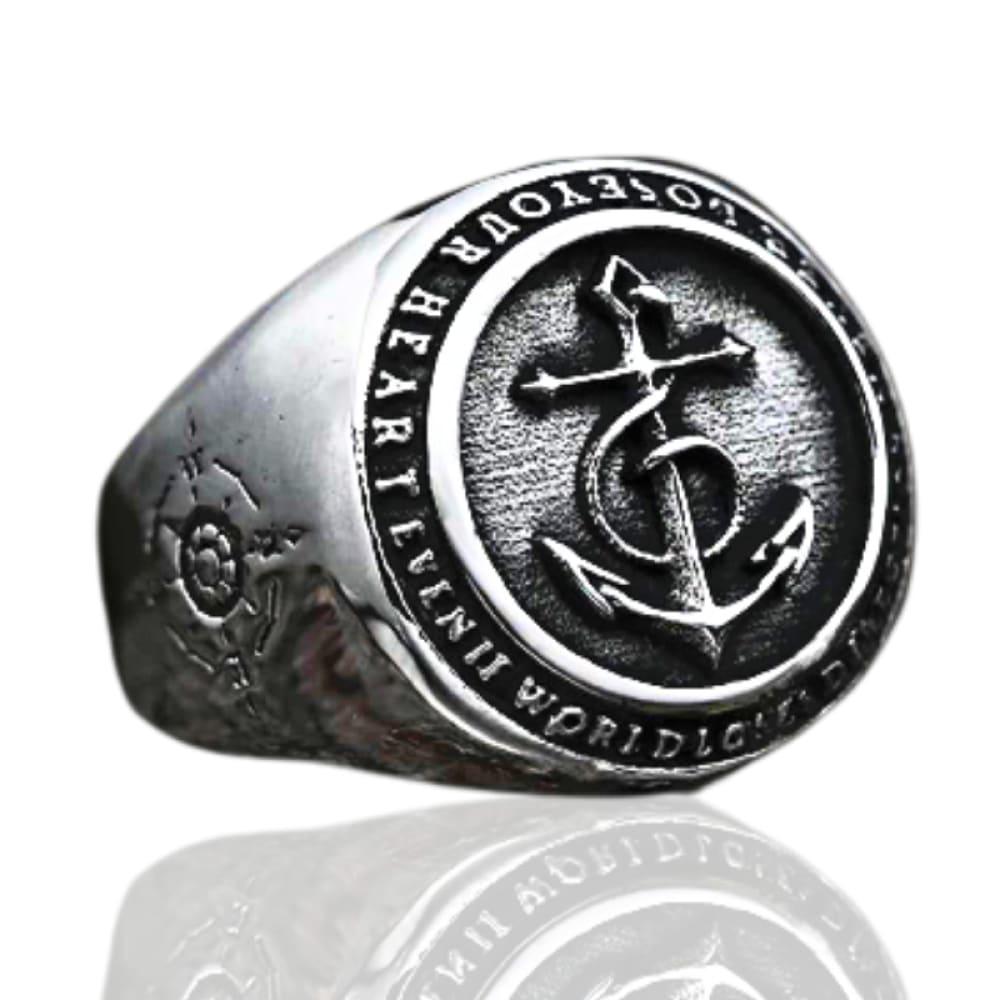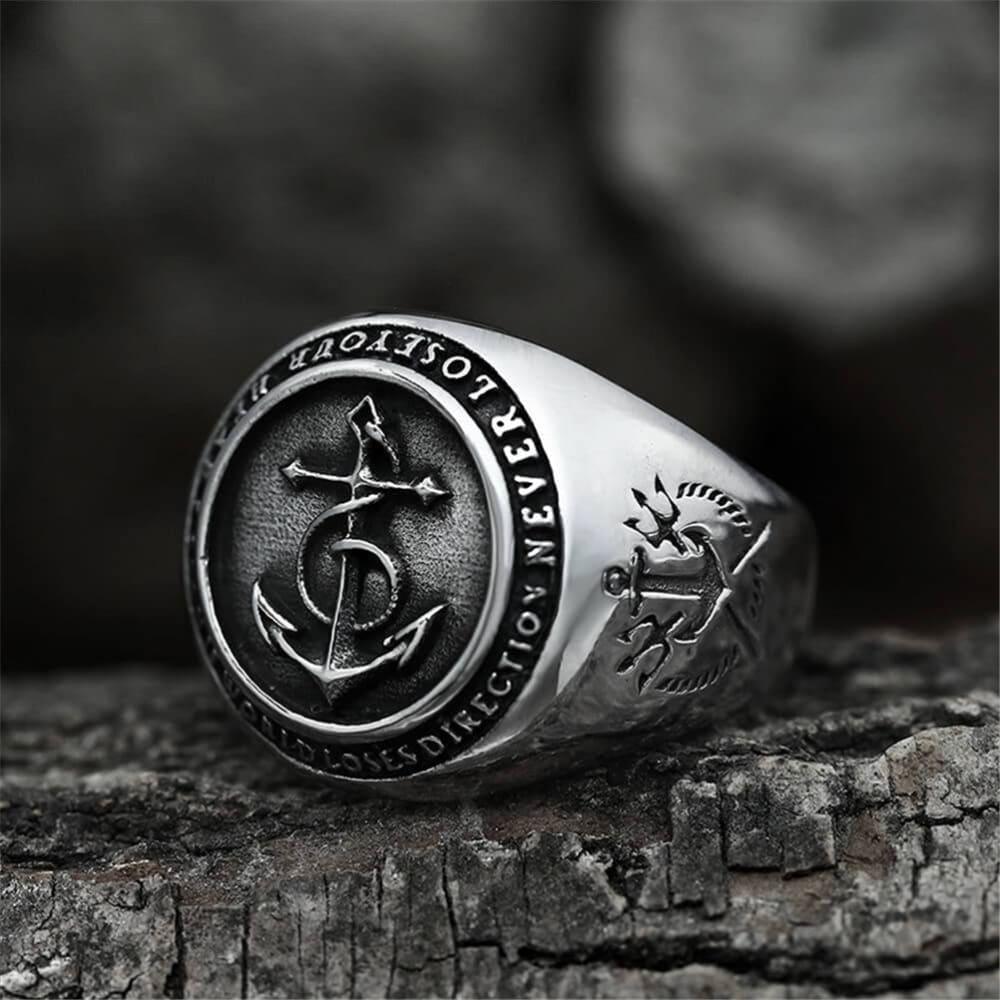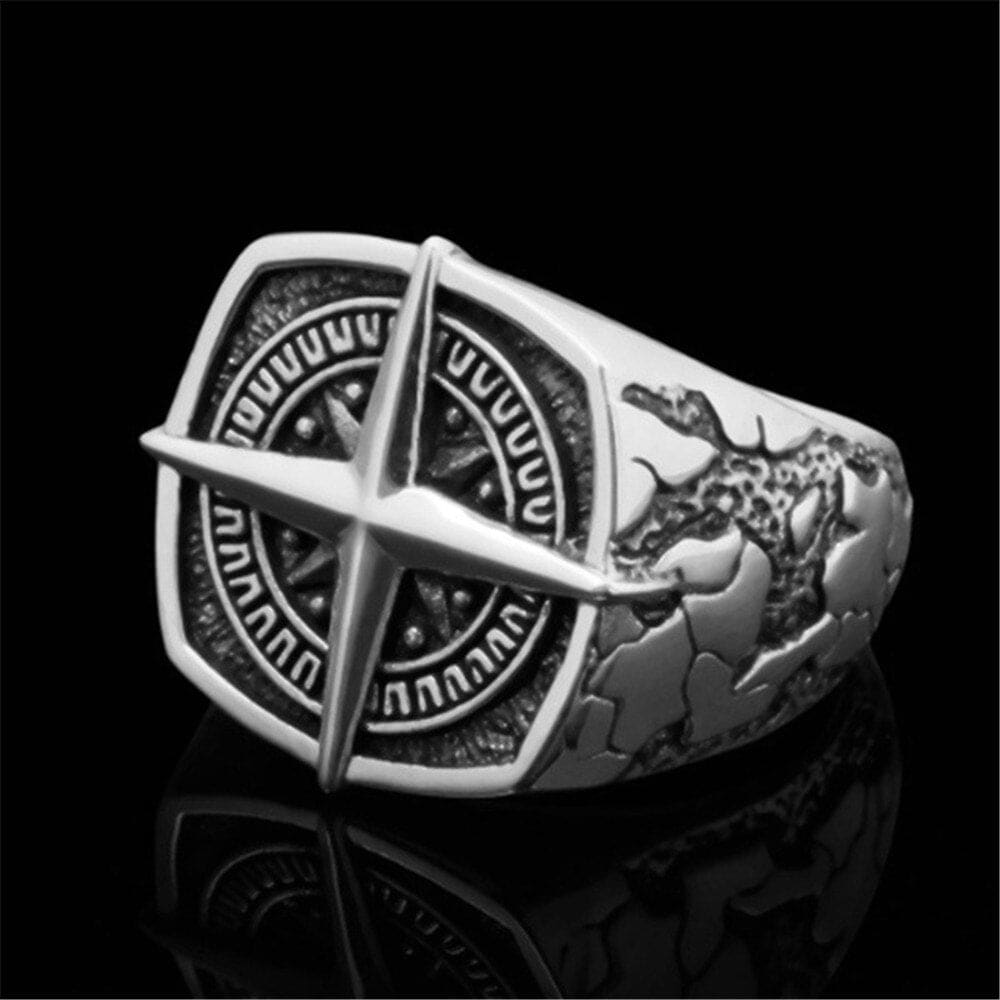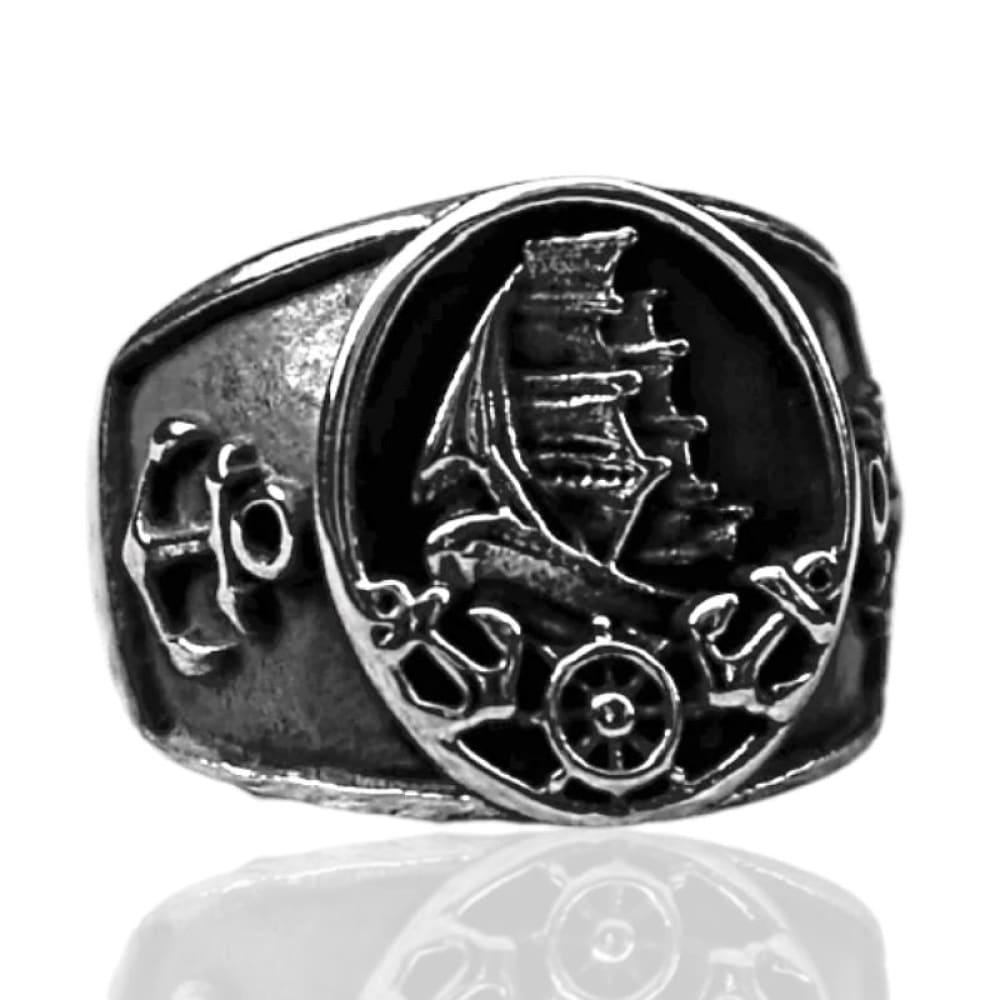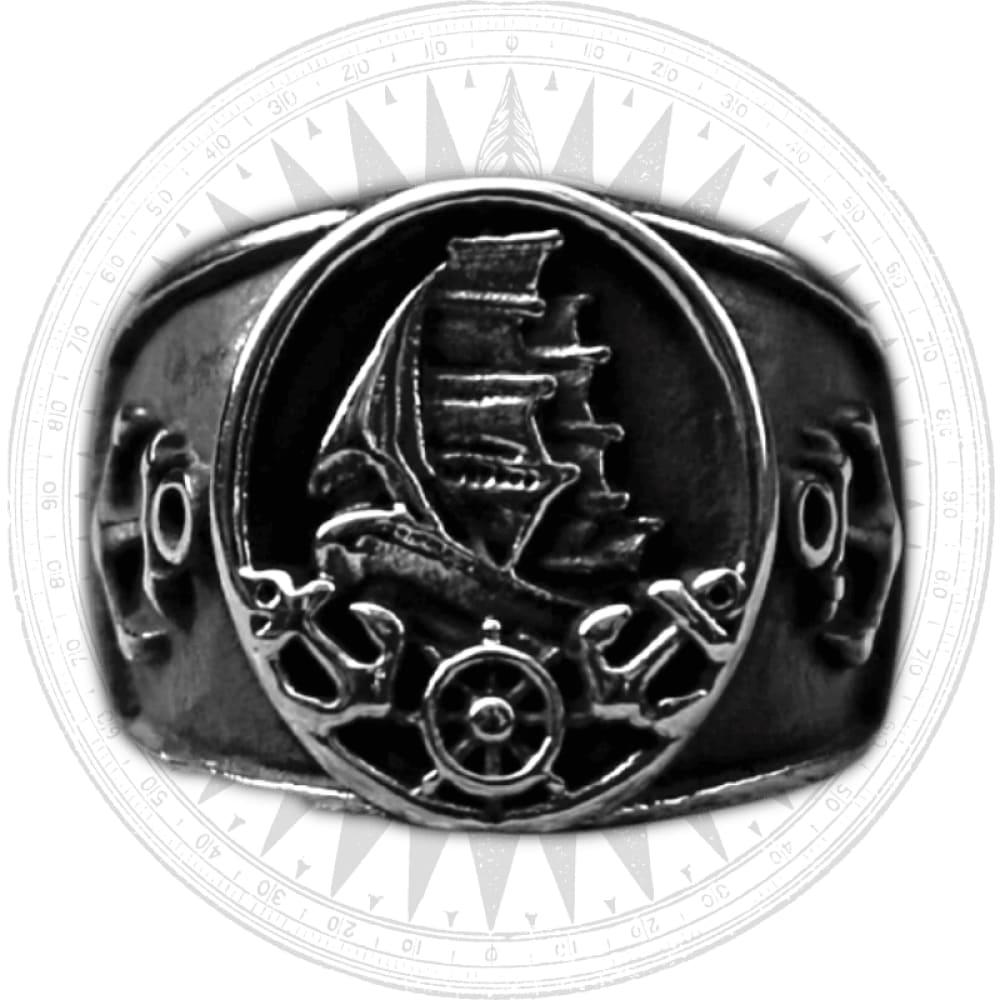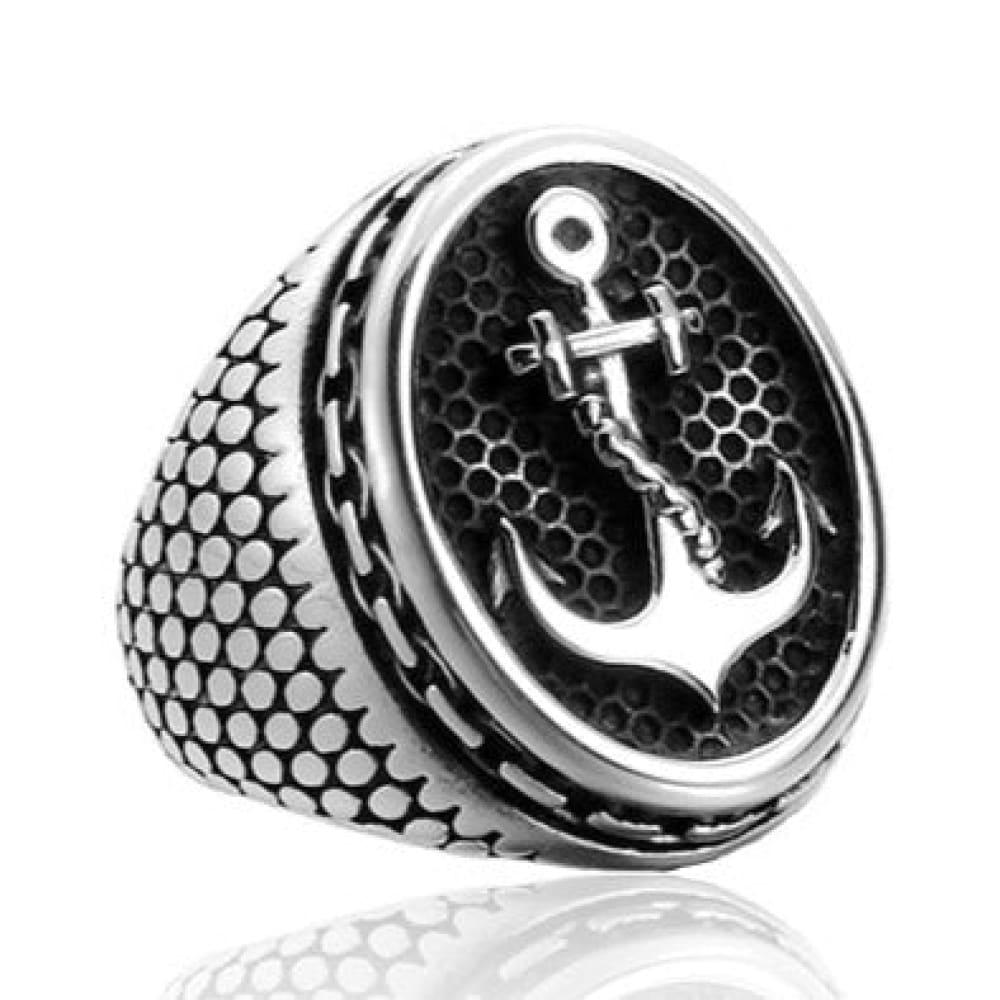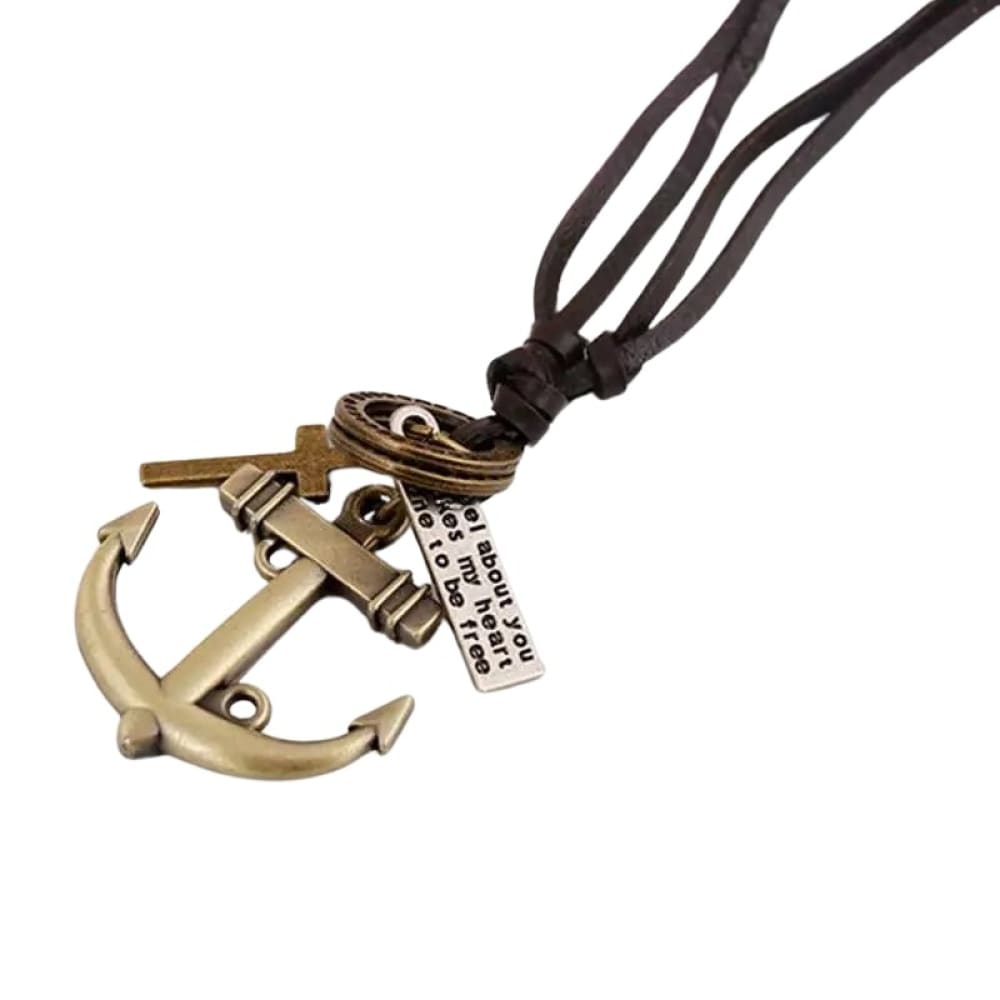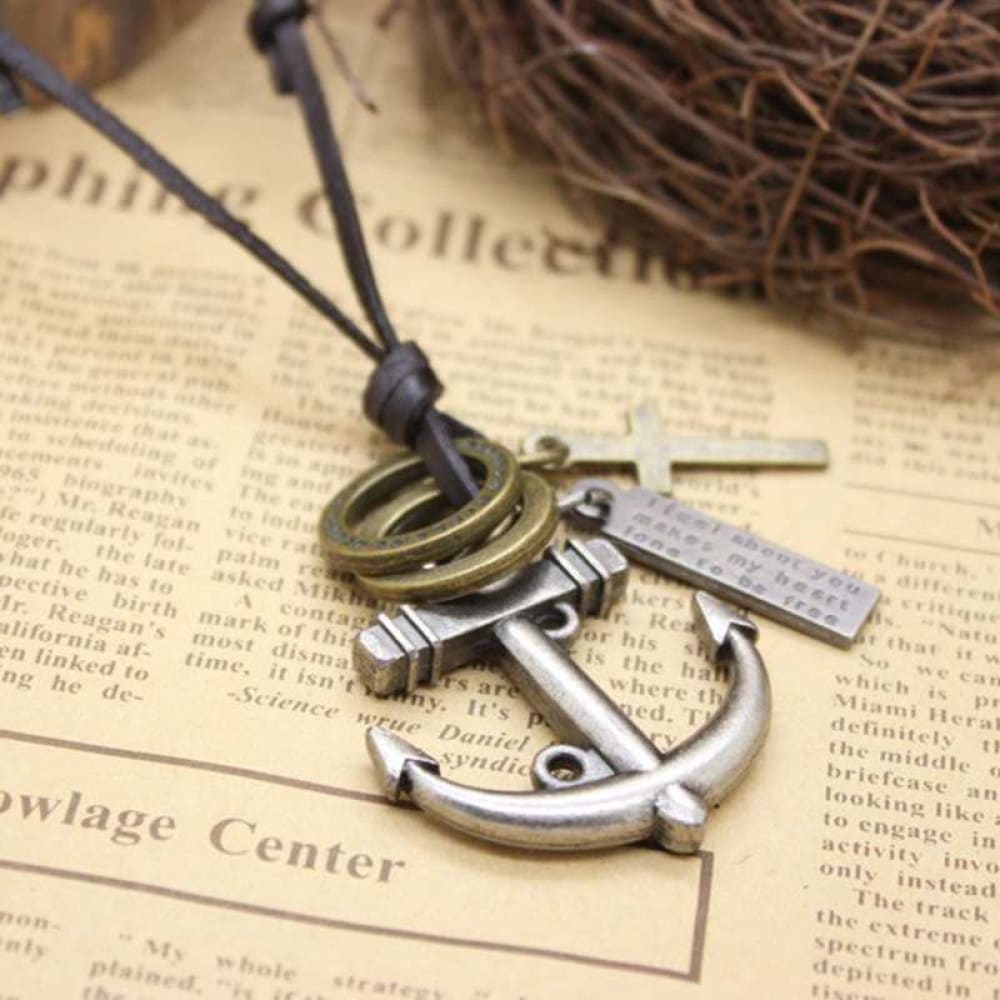The Sinking of the Lusitania and Its Impact on World War I
The Lusitania: An Unprecedented Tragedy
The sinking of the Lusitania during World War I was a tragic event that shook the world to its core. On May 7, 1915, this British luxury liner, carrying civilians and munitions, was torpedoed by a German U-boat off the coast of Ireland. The incident resulted in the loss of 1,198 lives, including 128 Americans. It was a game-changer in the war, exacerbating tensions between the United States and Germany and ultimately leading to America's entry into the conflict.
Lusitania, sinking, World War I, tragedy, U-boat, civilians, munitions, American entry
The Impact on Public Opinion
The sinking of the Lusitania had a profound impact on public opinion, both in the United States and around the world. The sheer brutality of the attack, targeting a civilian vessel, caused widespread outrage and condemnation. News of the incident spread like wildfire, sparking a wave of anti-German sentiment. It brought the horrors of war closer to home for many people and significantly shifted public sentiment towards intervention.
public opinion, United States, anti-German sentiment, intervention
Furthermore, the sinking of the Lusitania was instrumental in swaying public opinion against Germany and garnering support for the allied cause. The incident became a rallying cry for those who believed in the values of freedom and democracy, solidifying public support for the United States' eventual entry into World War I.
rallying cry, freedom, democracy, allied cause
Additionally, the sinking of the Lusitania also played a crucial role in shaping international opinion. The incident was widely condemned by countries across the globe, further isolating Germany and tarnishing its reputation on the world stage. It became a symbol of the ruthlessness of the German war machine and fueled the narrative of Germany as an aggressor.
international opinion, condemnation, isolation, reputation, ruthlessness
The Escalation towards American Involvement
The sinking of the Lusitania marked a turning point in the relationship between the United States and Germany. Prior to the incident, President Woodrow Wilson had maintained a policy of neutrality, hesitant to involve the nation in the war. However, the attack on the Lusitania, and the loss of American lives, brought the war to America's doorstep.
American involvement, President Woodrow Wilson, neutrality
This tragic event created a groundswell of public pressure on President Wilson to take action. The American people demanded justice for the lives lost in this senseless act of aggression. Wilson, faced with mounting public sentiment and growing international pressure, began to shift his stance towards Germany.
public pressure, justice, senseless act of aggression, growing international pressure
While it took a couple of years before the United States officially entered World War I, the sinking of the Lusitania marked a significant step towards American involvement in the conflict. It paved the way for Wilson's eventual decision to ask Congress for a declaration of war against Germany, bringing the United States onto the world stage as a major player in the war.
American involvement, declaration of war, major player
The Aftermath of the Lusitania Tragedy
The sinking of the Lusitania had far-reaching consequences that went beyond the immediate impact on public opinion and the escalation of American involvement in World War I. It had profound implications for maritime warfare, international law, and the outcome of the war itself.
aftermath, maritime warfare, international law, outcome of the war
Changes in Maritime Warfare
The sinking of the Lusitania brought the issue of unrestricted submarine warfare into sharp focus. Prior to the incident, Germany, in an attempt to prevent supplies reaching its adversaries, had declared a policy of unrestricted submarine warfare, warning that any ship, including civilian vessels, sailing into designated war zones was at risk of attack.
unrestricted submarine warfare, Germany, civilian vessels, war zones
However, the sinking of the Lusitania, with its significant loss of civilian life, led to international outrage and calls for the abolition of this brutal tactic. The incident highlighted the need for defined rules and regulations to protect non-combatants at sea. As a result, international conventions were established to govern submarine warfare, prohibiting attacks on civilian vessels and emphasizing the protection of human lives.
international outrage, abolition, rules and regulations, protection of human lives
The sinking of the Lusitania also led to advancements in defensive measures against submarine attacks. Governments invested significant resources in developing technologies to counter the submarine threat, including sonar systems and underwater detection devices. The tragic loss of the Lusitania served as a catalyst for these innovations, ultimately changing the landscape of naval warfare.
defensive measures, technologies, submarine threat, innovations, naval warfare
The Impact on World War I
The sinking of the Lusitania had a direct impact on the outcome of World War I. The incident contributed to the United States' decision to enter the war on the side of the Allies, providing a much-needed boost to their military capabilities and resources.
impact, United States, Allies, military capabilities
American involvement in the war had a ripple effect on German morale and resources. The entry of a global superpower into the conflict tipped the balance in favor of the Allies, leading to the eventual defeat of Germany and its allies. The sinking of the Lusitania played a vital role in shaping the course of the war and the subsequent peace negotiations.
German morale, resources, global superpower, balance, Allies, defeat, peace negotiations
In conclusion, the sinking of the Lusitania was a devastating tragedy that had a profound impact on World War I. It not only influenced public opinion and forced the United States into the war but also resulted in significant changes in maritime warfare and ultimately helped shape the outcome of the conflict. The sinking of the Lusitania remains a powerful symbol of the human cost of war and the importance of protecting innocent lives.
devastating tragedy, changes, maritime warfare, United States, protection of innocent lives




